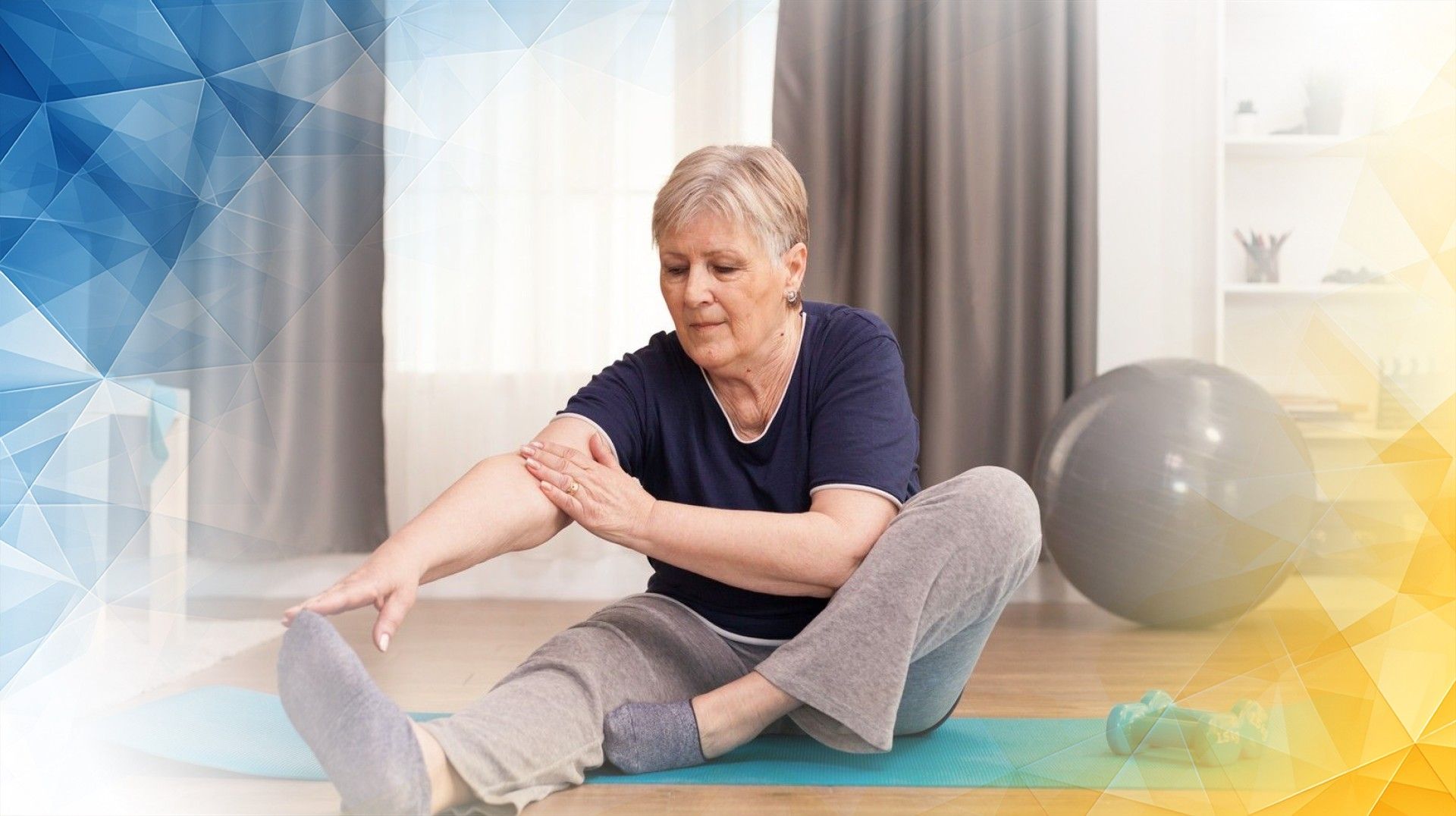



Knee cartilage damage is a common issue that can lead to pain, stiffness, and difficulty getting around. While surgery is sometimes necessary, many people want to support their joints and encourage healing naturally. That’s where nutrigenomics comes in—this exciting field explores how the foods and nutrients we consume can actually influence our gene activity and help the body repair or rebuild knee cartilage .
In this article, we’ll show you how combining targeted nutrition —like natural supplements and specific anti-inflammatory foods—with simple exercises can help your body regenerate knee cartilage . Drawing on new research in stem cells and movement, you’ll find practical, easy-to-follow steps that can support your joint health from the inside out.
Knee cartilage acts as a cushion between your bones, helping your joints move smoothly and pain-free. Over time or following an injury, this cushion can become damaged, leading to discomfort and a limited range of motion. Understanding how cartilage naturally heals helps us choose better strategies to support this process.
Nutrigenomics is all about how nutrients interact with our genes. Imagine your genes as the blueprint for healing, and nutrients as the signals that tell your body when and how to build new cartilage . Special cells called chondrocytes maintain and rebuild cartilage, and they are activated both by the nutrients you eat and by gentle movement —such as walking or bending your knees . Regular, low-impact activity encourages these cells to create new cartilage, while also preventing further wear and tear.
Certain nutrients play an especially important role in this process. Supplements like glucosamine and chondroitin can support cartilage structure and ease inflammation. Vitamins C and D are essential for collagen production (a key building block of cartilage) and bone strength. Recent research even suggests that these nutrients can trigger epigenetic changes—altering how genes are expressed—to further support healing.
If you’re interested in naturally strengthening your knees or even promoting regeneration of cartilage without surgery, the combination of smart nutrition and regular movement offers a practical, safe, and science-backed approach.
Here’s how you can turn science into simple daily habits that nourish and protect your knees.
Eating certain foods and adding specific supplements to your routine can give your body the raw materials it needs to repair cartilage:
Regularly including these foods in your diet helps create a supportive environment for cartilage cells to do their job. Research shows that with the right nutrition and conditions, even knees with age-related wear can have potential for repair and regeneration.
Some studies suggest that approaches like gene-activated matrices, stem cell therapies , and biologically active supplements—not just surgery—may enhance your body’s own capacity for healing (Rodríguez-Merchán, 2012). While many of these are still under investigation for everyday use, nutrition remains a safe, accessible foundation for everyone.
Staying active is just as important for joint health as what you put on your plate. Gentle exercises improve circulation, keep muscles around the knee strong, and send positive mechanical signals that encourage cartilage to renew itself. Here are five straightforward exercises to try at home:
Aim to perform these exercises 3–4 times a week, while ensuring you get enough rest for recovery. Consistency really is the secret—small steps done regularly make a big difference over time.
Helping your knees heal from the inside out relies on a powerful partnership between targeted nutrition and consistent, mindful movement. By following a nutrigenomic approach—fueling your body with glucosamine , chondroitin, key vitamins, and anti-inflammatory nutrients, while keeping your knees active and strong—you encourage your body’s natural repair systems to get to work.
While procedures like autologous chondrocyte implantation and mosaicplasty can help in some cases, research shows that natural approaches and minimally invasive strategies can also support real regeneration —especially for moderate wear and tear (Rodríguez-Merchán, 2012).
Before starting any new diet or exercise program, it’s always wise to check with your healthcare provider. But with knowledge, consistency, and smart choices, you can take control of your knee health. These simple, research-backed actions may help you move more freely and enjoy life with less pain and stiffness—no surgery required.
Mika, J., Clanton, T. O., Ambrose, C. G., & Kinne, R. W. (2016). Surgical preparation for articular cartilage regeneration in the osteoarthritic knee joint. CARTILAGE, 8(4), 365-368. https://doi.org/10.1177/1947603516670710
Rodríguez‐Merchán, E. C. (2012). Regeneration of articular cartilage of the knee. Rheumatology International, 33(4), 837-845. https://doi.org/10.1007/s00296-012-2601-3
Okahashi, K., Fujisawa, Y., Sugimoto, K., & Tanaka, Y. (2010). Cartilage regeneration of knee OA after high tibial osteotomy. Techniques in Knee Surgery, 9(2), 95-100.
All our treatments are selected to help patients achieve the best possible outcomes and return to the quality of life they deserve. Get in touch if you have any questions.
At London Cartilage Clinic, we are constantly staying up-to-date on the latest treatment options for knee injuries and ongoing knee health issues. As a result, our patients have access to the best equipment, techniques, and expertise in the field, whether it’s for cartilage repair, regeneration, or replacement.
For the best in patient care and cartilage knowledge, contact London Cartilage Clinic today.
At London Cartilage Clinic, our team has spent years gaining an in-depth understanding of human biology and the skills necessary to provide a wide range of cartilage treatments. It’s our mission to administer comprehensive care through innovative solutions targeted at key areas, including cartilage injuries. During an initial consultation, one of our medical professionals will establish which path forward is best for you.
Contact us if you have any questions about the various treatment methods on offer.
Legal & Medical Disclaimer
This article is written by an independent contributor and reflects their own views and experience, not necessarily those of londoncartilage.com. It is provided for general information and education only and does not constitute medical advice, diagnosis, or treatment.
Always seek personalised advice from a qualified healthcare professional before making decisions about your health. londoncartilage.com accepts no responsibility for errors, omissions, third-party content, or any loss, damage, or injury arising from reliance on this material. If you believe this article contains inaccurate or infringing content, please contact us at [email protected].